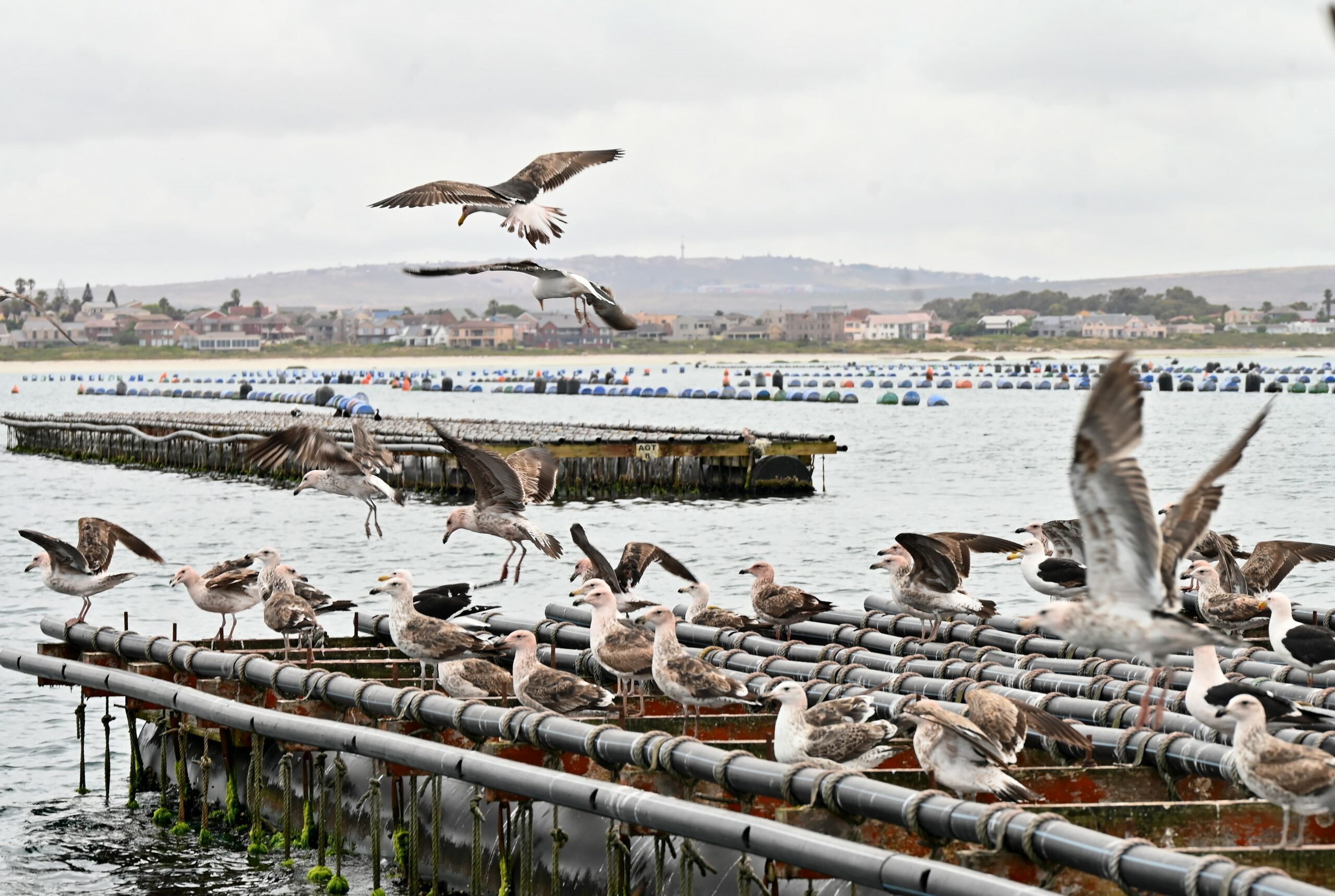Artifical Intelligence
AI system to protect SA’s marine mammals
Vodacom and the World Wide Fund for Nature have teamed up with early warning tech to protect whales and other sea life from entanglements.
Cameras and hydrophones are being combined with AI-based technology to alert mussel farmers to whales being entangled in Saldanha Bay.
Vodacom South Africa and the World Wide Fund for Nature (WWF) South Africa have teamed up to pilot this and other solutions to safeguard marine mammals against entanglements.
This work is being piloted in Saldanha Bay on South Africa’s West Coast where traditional fishing communities are struggling with problems caused by overfishing, pollution and climate change. A sustainable alternative has been the development of off-shore, rope-grown mussel farms which provide both a low-impact, protein-rich source of seafood along with employment and economic development. But, while rope-grown mussels are green-listed, a potential risk is entanglements of marine mammals, including whales.
This is where Vodacom, in partnership with WWF South Africa, has stepped in with a technological solution. Aquaculture Development Zone (SBADZ) and activate the ADZ Incident and Emergency Response Protocol in the case of an entanglement.

Vodacom in partnership with WWF to help protect marine mammals
According to WWF, whales have a vital role to play in the overall health of the marine environment; helping to capture carbon from the atmosphere. Estimates are that each great whale sequesters an estimated 33 tons of CO2 on average, thus playing their part in the fight against climate change. Unfortunately, six out of the 13 great whale species are classified as endangered or vulnerable, even after decades of protection.
Beyond its ability to prevent whale entanglements, the early warning system will also be used to gather scientific data by recording the movement of marine life and could help to prevent ship strikes for other superpods, such as seals and dolphins. Once the pilot project has been completed in Saldanha Bay, the solution can be expanded to other coastal areas and fisheries.
This project builds on the significant role digital technology already plays in the sustainable seafood supply chain and ocean stewardship. Vodacom’s collaboration with the WWF in developing digital tools to support the WWF Southern African Sustainable Seafood Initiative (WWF-SASSI) is being used to drive ocean conservation, sustainable seafood consumption and ocean literacy.
An example of this is the WWF-SASSI Fish ID digital platform which helps consumers and those in the seafood industry to make informed choices about the best choice of seafoods, such as farmed mussels which are on the SASSI green list.
This educational approach is also being rolled out to young people to encourage the next generation to be more environmentally conscious towards our oceans. It has been further enhanced by the inclusion of an Early Childhood Development centre and Secondary School in Saldanha Bay that will now form part of Vodacom’s education ecosystem.
Sitho Mdlalose, Chief Executive Officer, Vodacom South Africa, comments: “In South Africa, our coastal waters play a vital role in contributing to our socio-economic growth through industrial operations and tourism but also to our environment, hosting a diversity of species and minimising the adverse effects of climate change events.
“As part of our commitment to ensuring we have a healthy planet for generations to come and accelerating the Sustainable Development Goals set by the United Nations, Vodacom has been working with the WWF to help conserve this precious resource through our capabilities as a technology provider.
“Our long-standing partnership with the WWF showcases how we all can play a part in making a positive difference to our planet’s longevity while uplifting communities who are facing social, economic and climate change challenges. In working together, as the private sector, public sector, non-government organisations and individuals, we can create a better sustainable future for all,” concludes Mdlalose.”
Pavitray Pillay, WWF-SASSI Manager, WWF South Africa, adds: “Rope-grown mussels are a fantastic source of sustainable seafood. All efforts to ensure that this industry remains on our WWF-SASSI green list are to be welcomed. We are delighted that Vodacom has chosen to put the time, efforts and resources into this pilot project which has great potential to scale elsewhere in other Aquaculture Development Zones around the coast.”

















